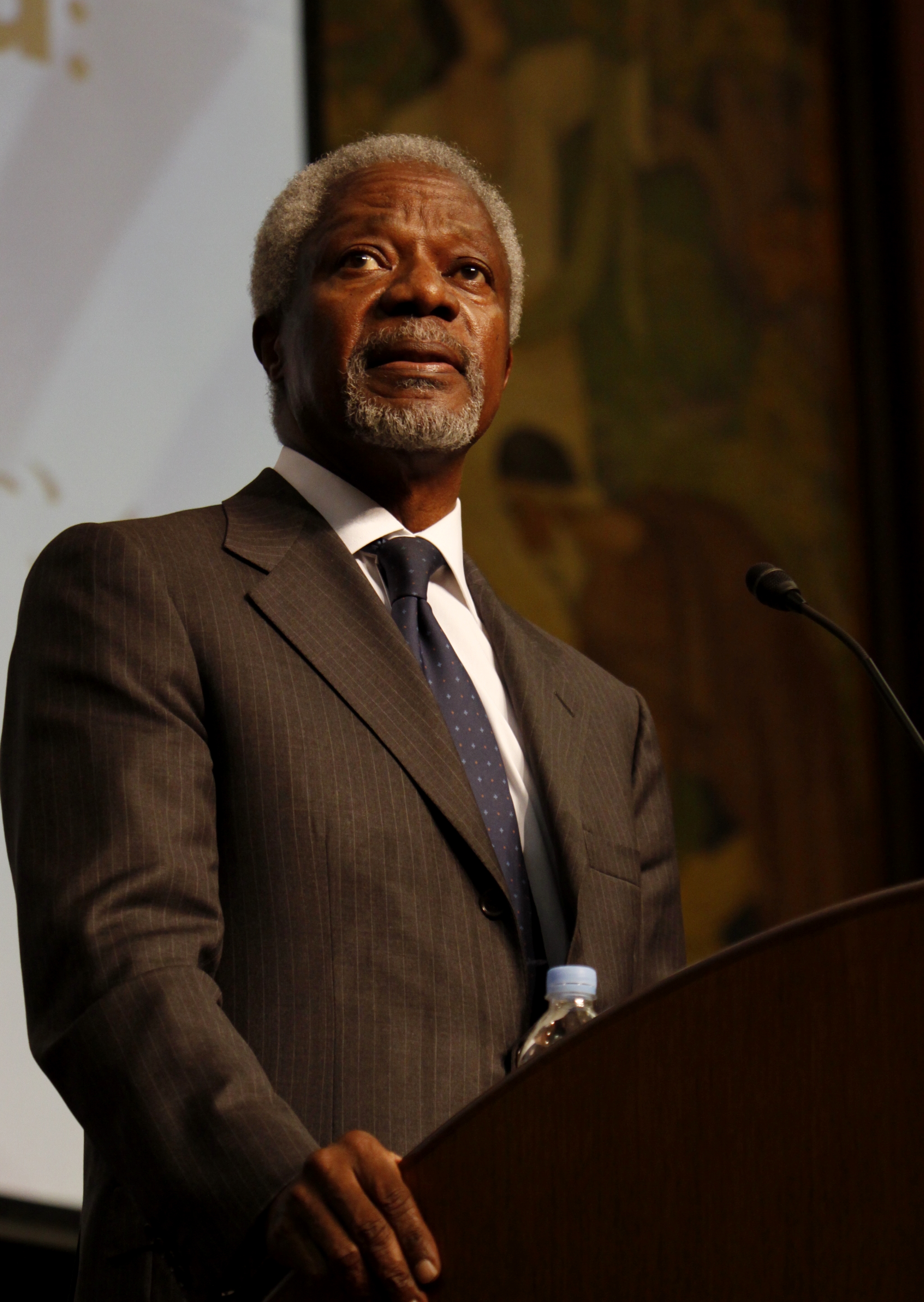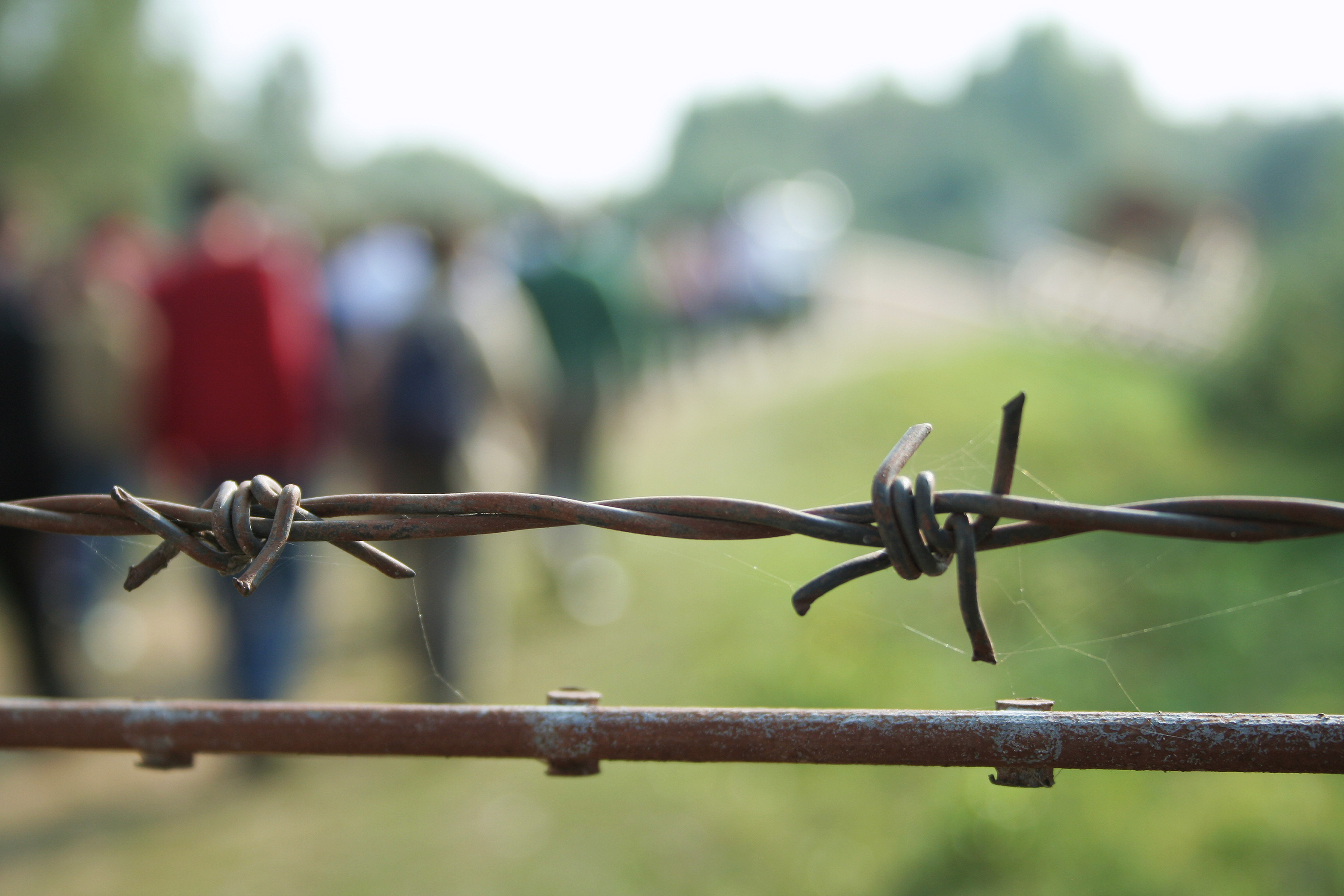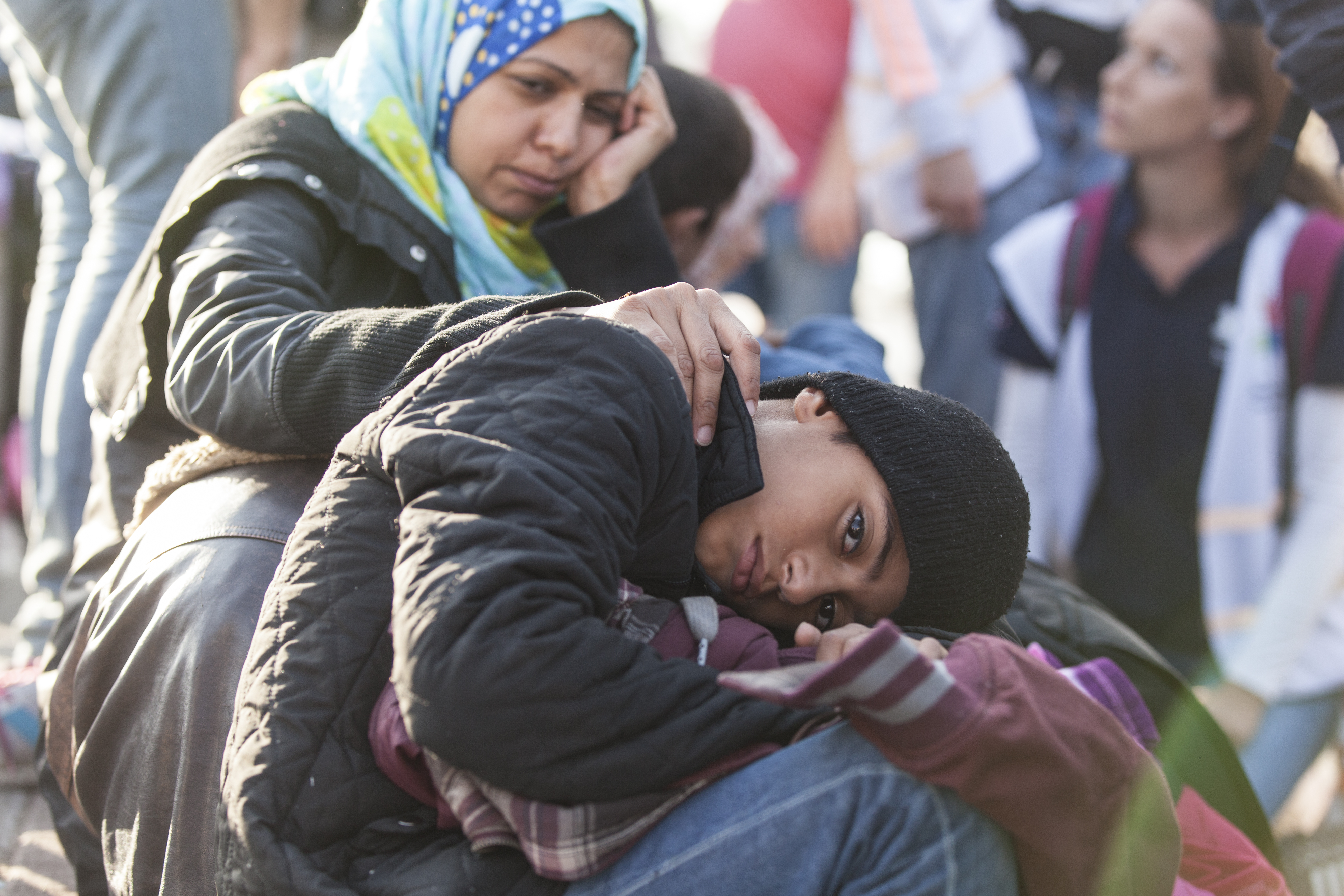Refugee crisis in Europe: An open letter
Kofi Annan and other dignitaries write an open letter to European leaders on the current refugee and migration crisis.
Since the beginning of the year, more than 300,000 refugees and migrants have arrived in Europe, usually after harrowing and highly dangerous journeys both over land and by sea. In all likelihood this flow of people will continue for some time to come.
All migrants are protected under the framework of international human rights law. Importantly, refugees and asylum-seekers arriving in Europe are protected in particular by the 1951 UN Refugee Convention and its 1967 Protocol, which obliges States to provide protection and assistance to refugees based on the principles of nondiscrimination, non-penalization, and non-refoulement.
We recognize that Europe is struggling to deal with this situation. We warmly commend those countries and leaders, as well as their citizens, which have shown a willingness to resettle refugees and to respond to the growing humanitarian and human rights crisis at Europe’s borders. At the moment, however, there is no unified approach to the problem, which is creating an unbalanced and polarizing response to the current situation. Given the grave and growing scale of this crisis, we write to urge you to adopt a common response based on four key principles and priorities.
First, we entreat the European States to adopt a joint policy and plan of action that ensures that the responsibility for an expanded and agreed system of refugee relocation from the most affected States is fairly and proportionately applied by all States.
Second, we encourage European leaders to actively engage with public opinion and the national media to make it clear that the human rights of both refugees and migrants must be protected, as defined under international law.
Third, we encourage Europe to intensify its political efforts in a sustained and coordinated manner with countries of origin of large numbers of refugees and migrants, as well as countries of transit. These efforts need to focus on developing with the concerned countries the appropriate political responses to migration in the short and long term, and to tackle the drivers of such migration and displacement.
Finally, we recommend that European States open information and support offices along migratory routes and closer to the countries of origin of the majority of refugees. These offices could provide refugees and migrants with information, referrals, and support in accessing legal migration channels, in particular family reunion with relatives in Europe. Such measures could save lives, combat human trafficking and smuggling, and create sustainable solutions to migration.
You are not alone in grappling with the arrival of large groups of migrants and refugees; a number of regions currently face this challenge on a similar or even greater scope. It should be recalled, too, that Europe has confronted and dealt humanely and effectively with the phenomenon of mass displacement before. It can draw on the experience of past humanitarian crises which engendered significant flows of refugees, notably arising from conflicts in Southeast Asia and the Balkans, which demonstrated that global responsibility-sharing is possible and can lead to workable solutions.
The European Union’s Agenda on Migration is a first step in this direction, and we look forward to the implementation of proposed policies to alleviate the difficulties faced by the most affected states, the enhancement of capacity to receive and assist migrants and refugees, increased efforts to combat the impunity of smugglers, and most notably the provision of more safe and legal options for movement on a level that could make a significant impact. Such measures should of course be consistent with international humanitarian law.
The scale of the current crisis is testing the unity and solidarity of Europe and its institutions. But it should not prevent Europe from taking the necessary steps to ensure that all refugees and migrants who arrive on its shores are protected and assisted. We believe that Europe’s leaders can rise to this challenge by adopting and implementing policies and practices that respect international law and reflect Europe’s commitment to human rights and the dignity of the individual.
Yours sincerely,
Kofi Annan
Chair of the Kofi Annan Foundation and of The Elders
Zeid Ra’ad Al-Hussein
United Nations High Commissioner for Human Rights
António Guterres
United Nations High Commissioner for Refugees
Peter Sutherland
United Nations Special Representative of the Secretary General for International Migration
William Swing
Director General, International Organisation for Migration
Elhadj As Sy
Secretary General of the International Federation of Red Cross and Red Crescent Societies



